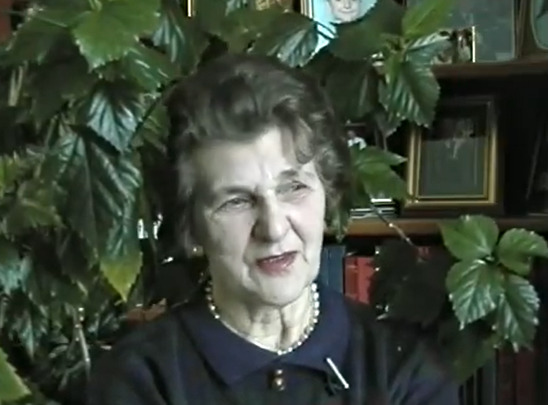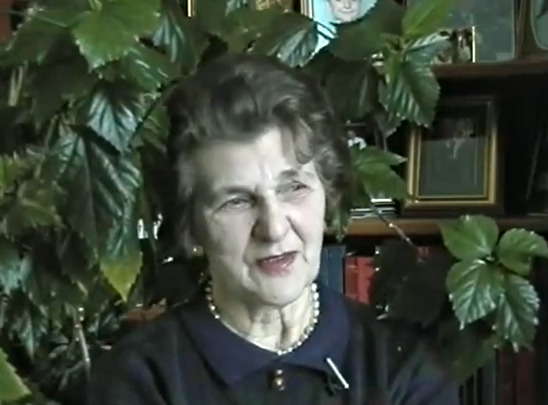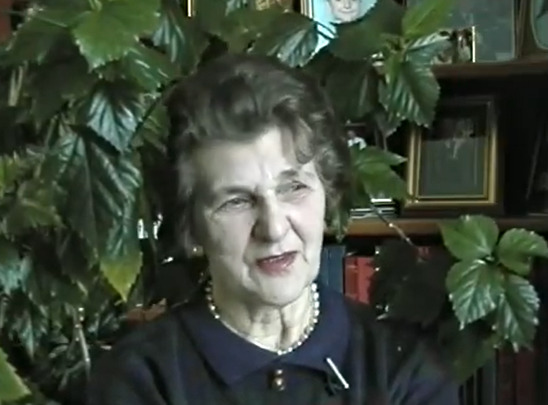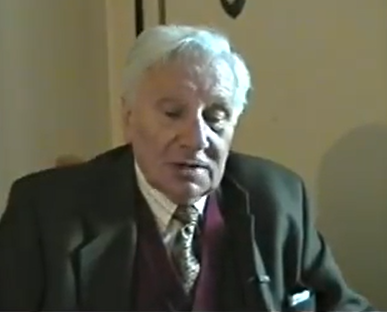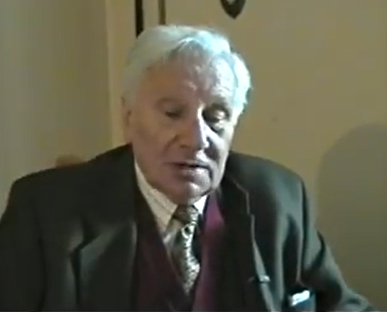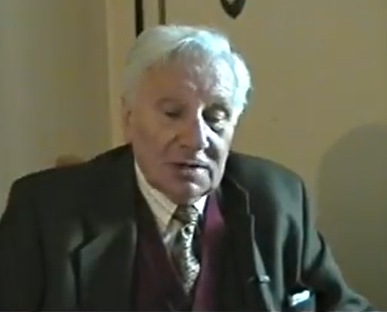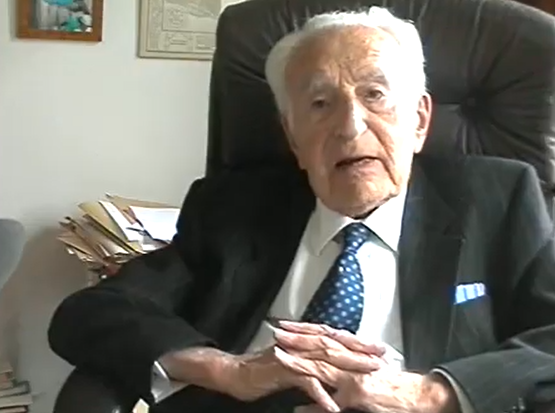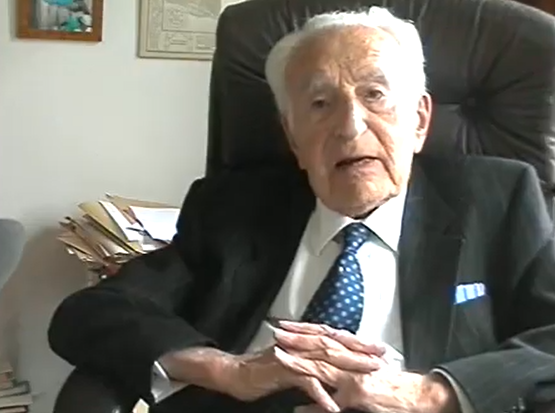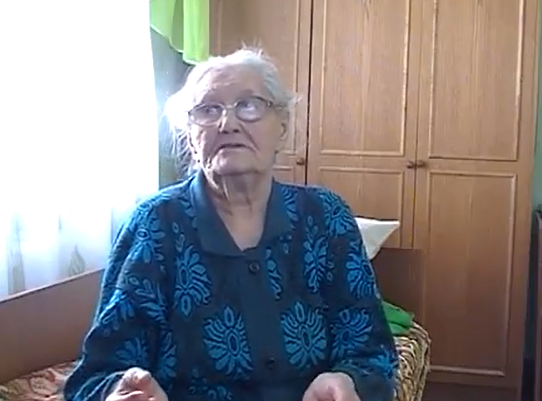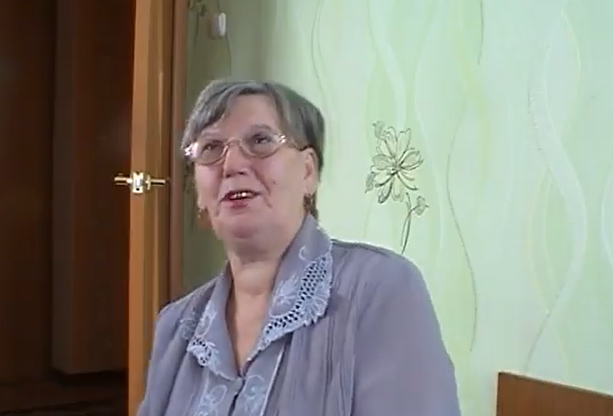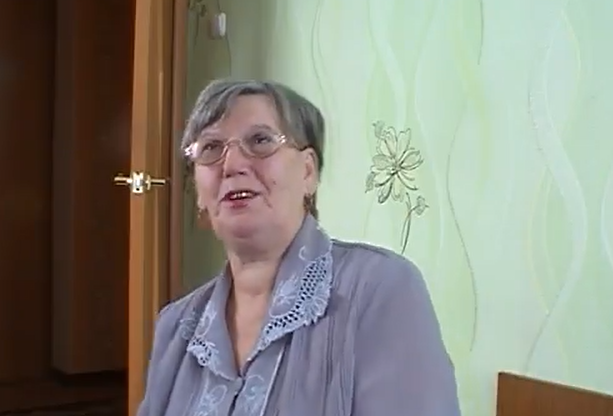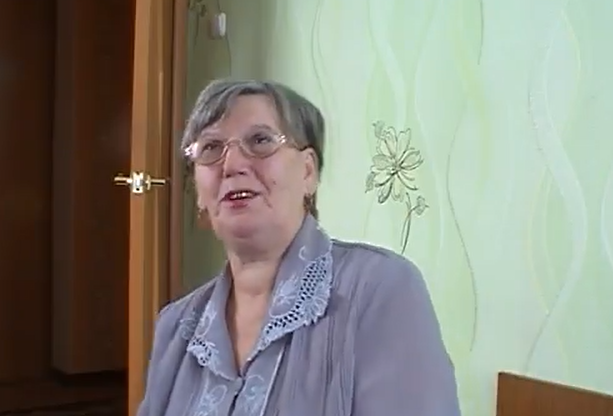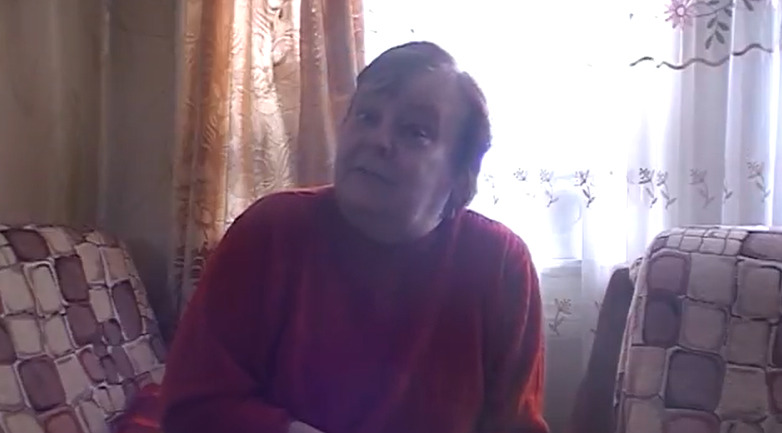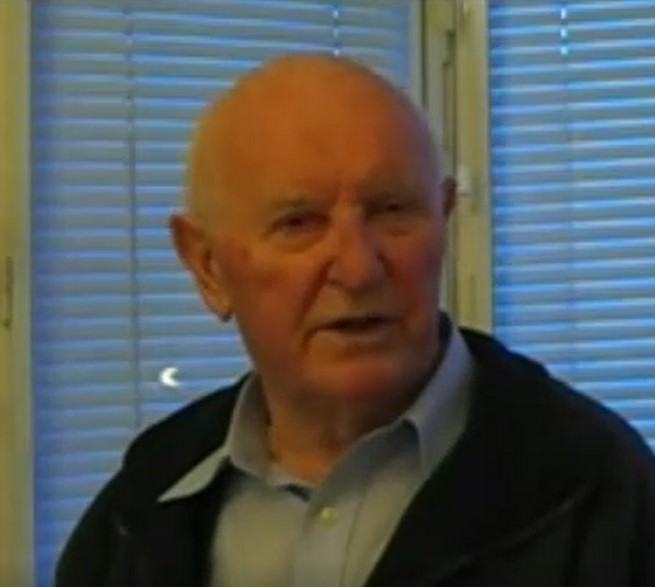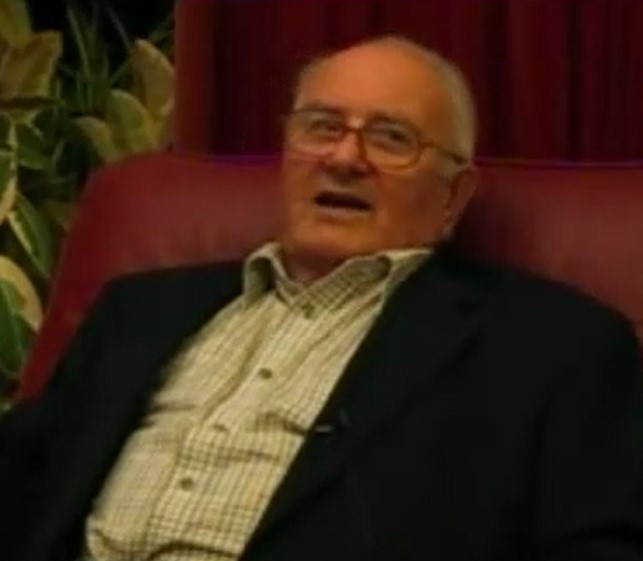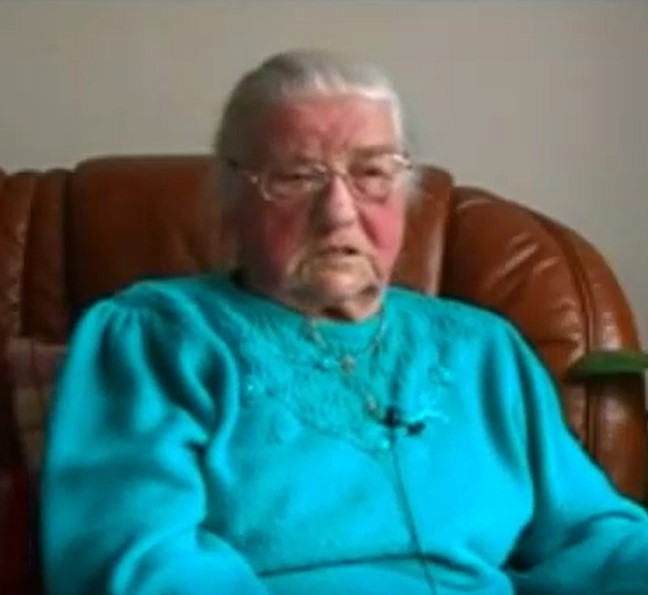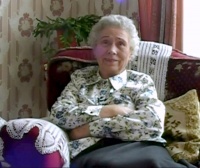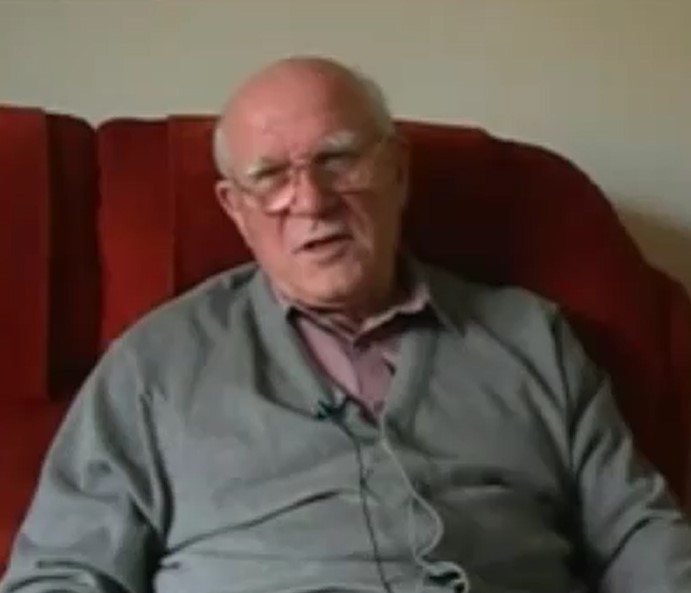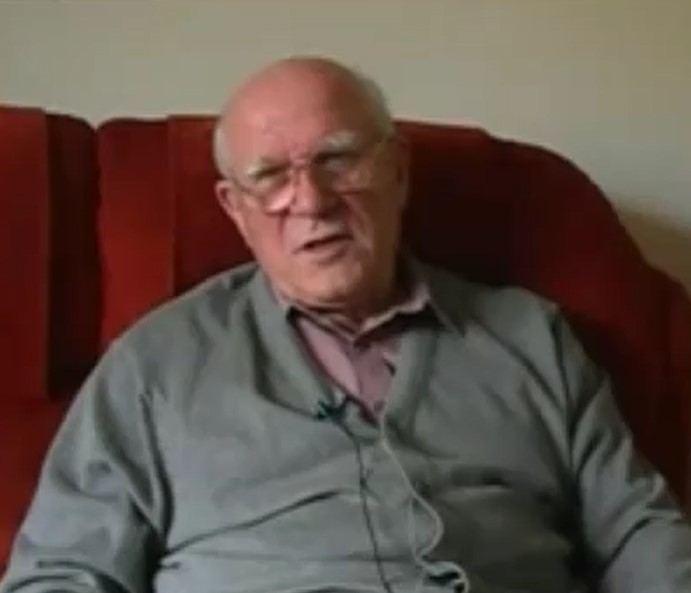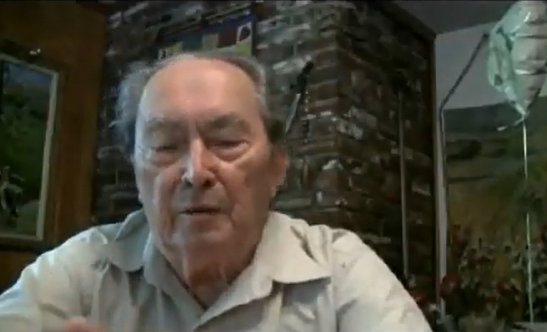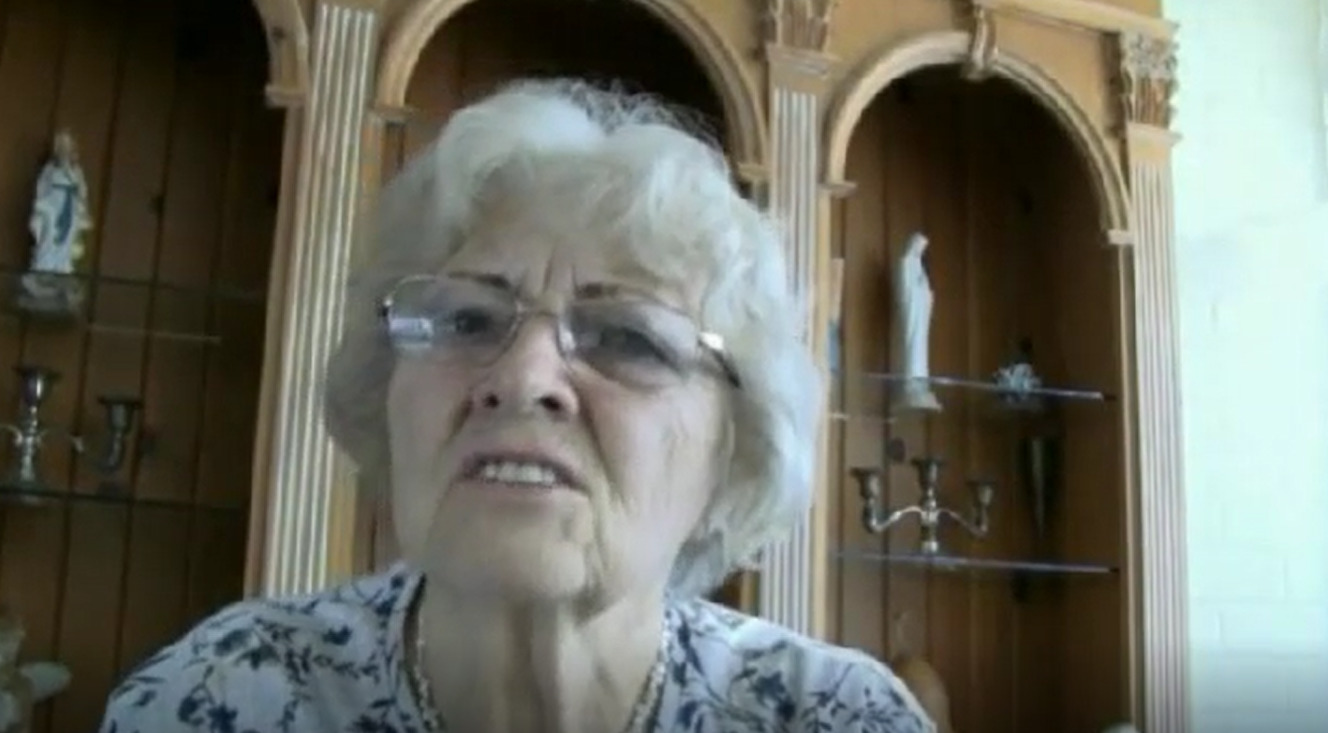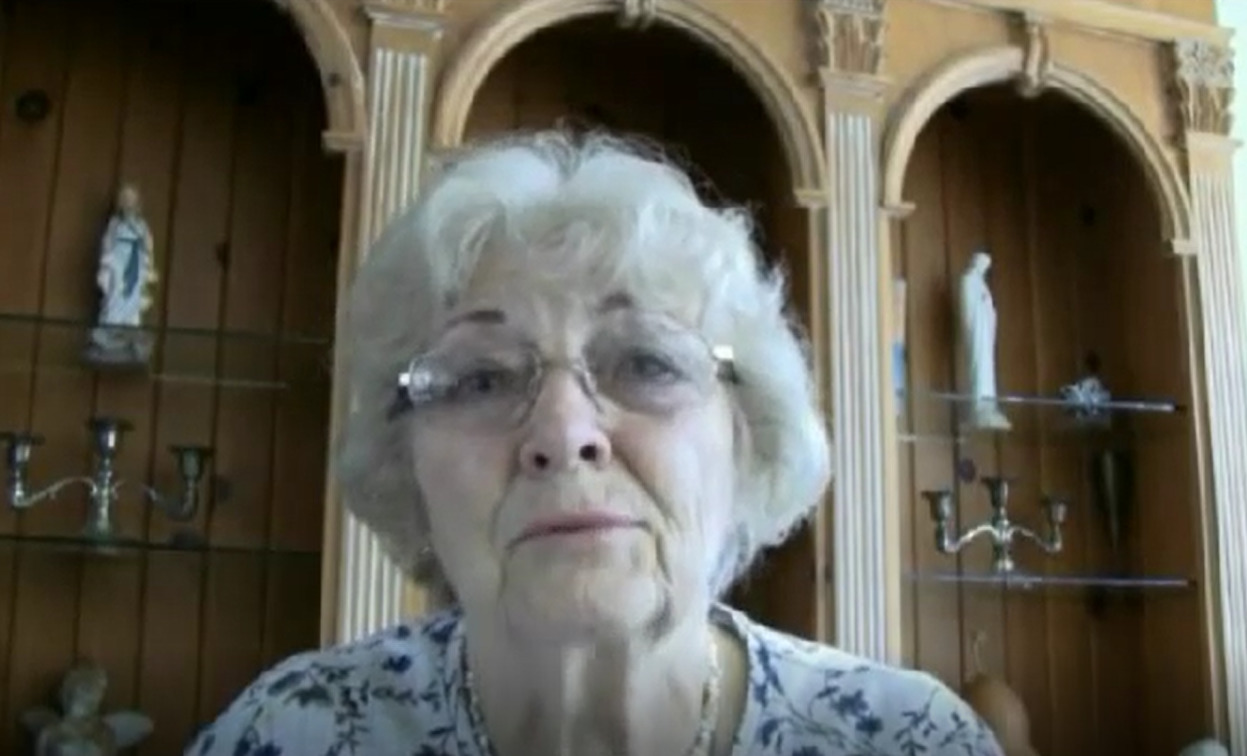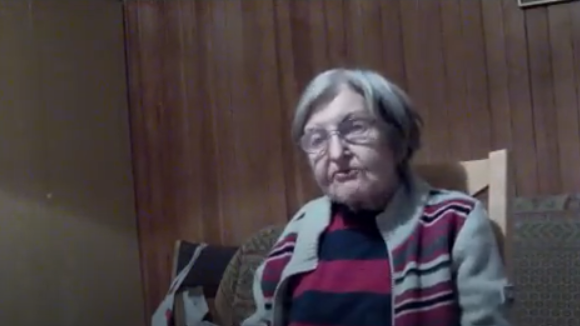Aleksandra (Jarmulska) Rymaszewska - Saved from the firing squad
Describing how she would have been shot by the Soviets, for stealing a railway tie, if it had not been for some quick thinking on the part of a fellow …
Władysław Niezgoda - Bike taken to Siberia exchanged for a goat
Describes how the bike that he managed to take to Siberia, because it had been packed in a box, was exchanged for a goat, which provided milk for his infant …
Agnieszka (Mysliwa) Smolinska - Uzbek Turtles saved them
Agnieszka describes how they would gather turtles and how they would prepare them in soups and other ways. Gathering and cooking turtles provided them with the food they needed to …
Bernarda (Karbowa) Andrejczuk - How were the Russians in Siberia
Bernarda describes how the Russian people who preceded them to the camp, and were still stuck there, were in the same situation as they were – sometimes their conditions were …
Jerzy Wiktor Bockenhein - Christmas dinner in a can and ice in the house
Describing how his mother cooked some wheat in a can for their Christmas Eve dinner. Also describes how the hut they lived in would be buried in snow right to …
Jerzy Wiktor Bockenhein - Children would steal bread from the wagon
Describing how the children would sneak pieces of broken bread from the delivery wagon. (Note: Jerzy has had a stutter since the start of the war, when a bomb landed …
Wieslaw Adamowicz - Girl and brother die on barge
Describing how they travelled for 6 days on barges on the Amudaria River. During this time, the girl lying next to him died, and he never even saw what she …
Irena Jabłońska - Orphans put to work
She remained in Irtysz (sp?) and she had frost bitten legs – her toes were black. The head of the orphanage was a Polish lady, and she helped cure her …
Irena Jabłońska - Russian orphanage
She was in an orphanage with mostly Russian children, and describes how there were 20 of them sleeping in one room, 4 to a bed (not really a bed, rather …


